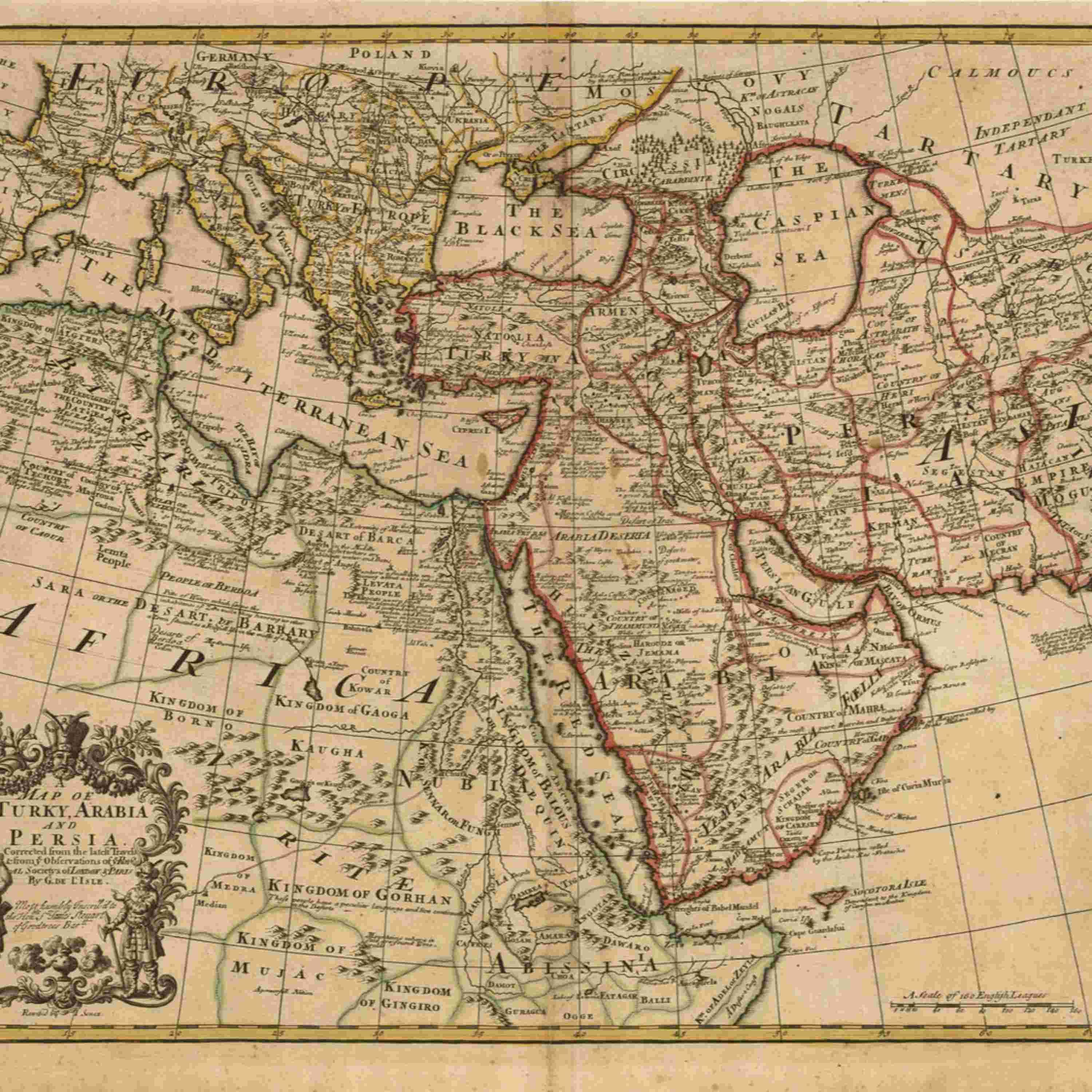

Iran and Pakistan, despite shared cultural roots, have a relationship largely defined by security concerns since Iran's 1979 revolution. This paper argues that their geographical proximity, coupled with regional rivalries and mutual mistrust, fuels a competitive dynamic. Key factors include differing geopolitical interests (especially regarding Afghanistan and alignments with Saudi Arabia and India), ideological contrasts, border issues, and the involvement of non-state actors. The dominance of security-focused policymaking in both nations, as explained by Regional Security Complex and Two-Level Game theories, hinders deeper political and economic ties needed to overcome these tensions.